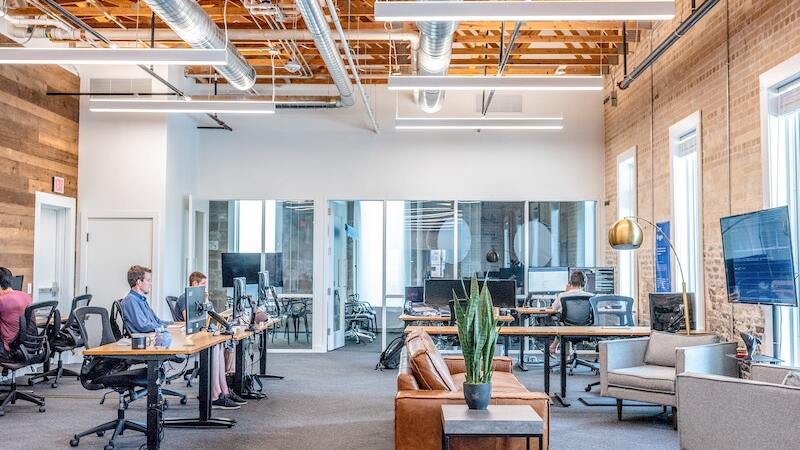Connecting...
How ventilation systems could keep coronavirus at bay
over 5 years ago Empty James Thornhill

New advice is recommending the use of ventilation and air conditioning systems in workplaces and public buildings to prevent the airborne spread of coronavirus.
Guidance from the Chartered Institute of Building Services Engineers (Cibse) recommends that systems are switched to draw in full outside air rather than operating in recirculation mode as offices and other premises gradually return to daily use after lockdown.
Operation of ventilation and air conditioning systems for extended periods of time is also recommended to improve air quality. Unoccupied buildings should continue to run their ventilation systems, although these can operate at lower speeds as long as they are not switched off completely, the guidance recommends.
The Cibse has warned building managers that an air supply rate of 10 litres per second per person is inadequate for workplaces, schools, museums, libraries, shops and other indoor public places and will not be enough to protect staff from Covid-19. It recommends between six and 15 air changes per hour compared to the usual rate of three to four.
Cibse also advises 40% minimum humidity as air that is too dry can result in a higher rate of evaporation from the mucus membranes which can increase the risk of infection.
However, there is a recognition that whereas cool and even slightly draughty conditions may be tolerated in spring and summer, they could lead to the ventilation systems being switched off by staff in the autumn and winter. It recommends information and training for employees so that they understand the role of ventilation and air conditioning in combatting the spread of the virus.
Other industry experts have highlighted the important role of ventilation in reducing virus spread. Improving filtration and keeping systems well maintained are seen as being key to this, according to HVAC manufacturers. Some have pointed out that certain ventilation systems such as Mechanical Ventilation and Heat Recovery (MVHR) and Demand Energy Recovery Ventilation (D-ERV) are particularly effective in extracting harmful pollutants and filtering outside air to remove harmful airborne bacteria and particles. They advise that the first step for all building managers should therefore be to have their systems fully serviced and the filters checked and replaced where necessary.
